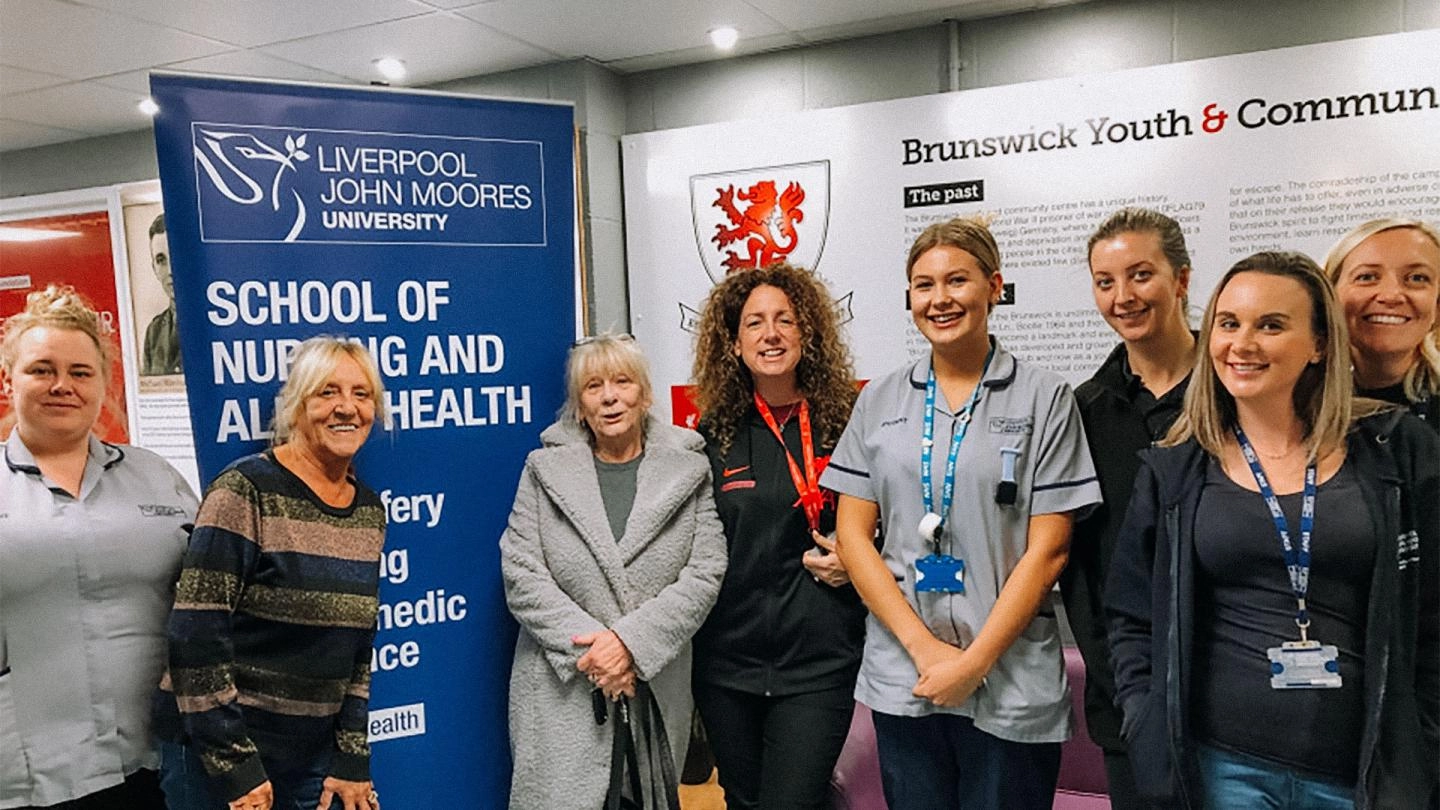FoundationNews
FoundationLFC Foundation have joined forces with LJMU nursing to provide free health checks to members of the community
Opportunistic health checks were conducted by students from LJMU nursing department under the supervision of Professor Ian Jones and lecturers Miriam Clowes and Emma Johnson-Smith.
Where?
All checks took place at LFC Foundation Community Hubs
How many took part?
From the 100 people who took part in the screening,
- 41% high cholesterol
- 59% with a high LDL cholesterol
- 21% were smokers
- 69% overweight
- 6% BMI >40
- 20% high blood pressure
Participants said:
“I had a letter from the GP but didn’t go but when its put in front of you, I was like yeah I’ll do it”
“My brother has really high cholesterol with no obvious cause. It could be familial, so I was advised to get my cholesterol checked so I was really happy to have access today and get the results straight away.”
“I only go to the GP when I am dying. Probably everyone here will do it but you wouldn’t go to the Drs, you wouldn’t bother them, they’re too busy”
Andrew Fulstow, LFC Foundation Health and Wellbeing Department Manager said:
“You don’t know what is going on inside your body unless you have a health check. This was a great initiative as participants got their results there and then and the staff provided more information about what they meant”
Jess Carr, Community Wellbeing Hubs Coordinator said:
“This was a fantastic resource for community hubs. To bring health checks in to communities meant that people were more willing to come and take part. The feedback we got was brilliant!”
Ian Jones, Professor of Cardiovascular Nursing, LJMU.
“160,000 people in the UK die each year from diseases of the heart and circulation. Unfortunately, many people likely to develop these diseases are unaware of the risks until it’s too late. This project, which would not have been possible without the support of the LFC Foundation and the local hubs has enabled us to identify people with different risk factors and signpost them to local services for ongoing support. However, now we have demonstrated that this approach is feasible we want to develop this further, screen more people, and play a long term role in reducing the burden of disease in our city.
